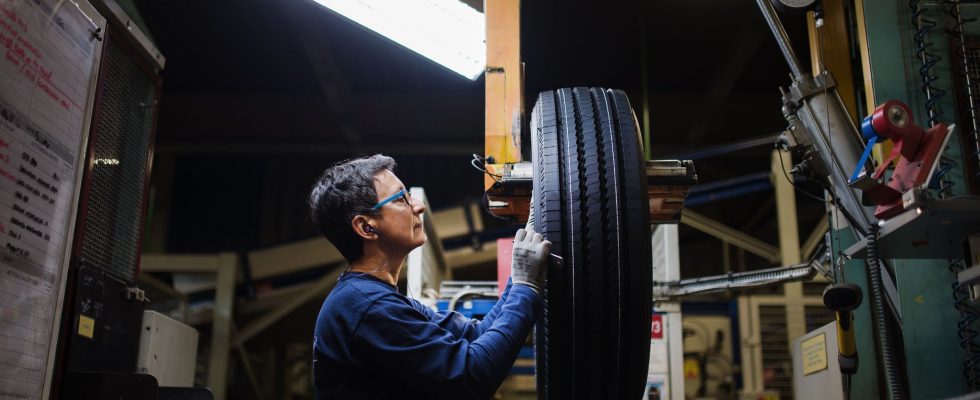In terms of paid leave, the French labor code is not always in line with European law. This is particularly the case with the directive concerning the acquisition of paid leave during sick leave. A sprain which was condemned by the Administrative Court of Appeal (CAA) of Versailles, Monday, July 17, after a fight of several years led by three unions (CGT, Force Ouvrière and Solidaires).
What does the European directive say?
Article 7 of the 2003 European Directive and Article 31 of the Charter of Fundamental Rights of the European Union lay down several rules on this subject. First of all, they prohibit assimilating sick leave of non-professional origin to rest time. This means that periods of sick leave are periods of actual work and must give rise to paid leave. The texts also stipulate that employees who are on sick leave during their leave must see it postponed and that employees who have not been able to take their leave during the year due to sick leave must see it postponed for the year next.
But in the French labor code, an employee on long-term sick leave of non-professional origin is not considered to be in a period of actual work. He is therefore not entitled to the two and a half working days of paid leave acquired per month of work. Except in the case of more favorable provisions within a company, the European rule is thus not respected in France.
French labor code versus European directive, which prevails?
The transposition into internal (national) law of European directives is an obligation resulting from the Treaty on the Functioning of the European Union. This has the character of a constitutional obligation. However, an employee cannot reproach an employer (a company in particular) who sticks to the application of the French labor code. On the other hand, he can directly engage the responsibility of the State for not having brought national law into conformity with the European directive – and even obtain compensation for the damage suffered.
In 2013, the Court of Cassation had already advised a modification of the labor code on this subject, “in order to avoid […] actions for State liability”. Faced with inaction, the CGT, Force Ouvrière and Solidaires have been engaged in a legal battle for several years. In 2017, the unions suffered a failure before the administrative court of Montreuil, then a second against the Administrative Court of Appeal of Versailles in 2020. This decision was canceled by the Council of State and the case was sent back.On July 17, 2023, the CAA of Versailles this time granted the case to the unions and condemned the state.
What consequences for the French State after this condemnation?
The CAA ordered the State to pay each union the sum of 10,000 euros, for the overall damage suffered by their members. The State has two months to lodge an appeal against this judgment. If the decision were to take effect, employees on sick leave who have seen their rights to paid leave denied would also have the right to sue the State to be compensated for their damage. “It would therefore be more relevant for the government to finally draw the consequences of this judgment by modifying the law. The multiple legislative texts to come or being examined by Parliament are all opportunities for this”, suggests the CGT in its press release. of July 25.
